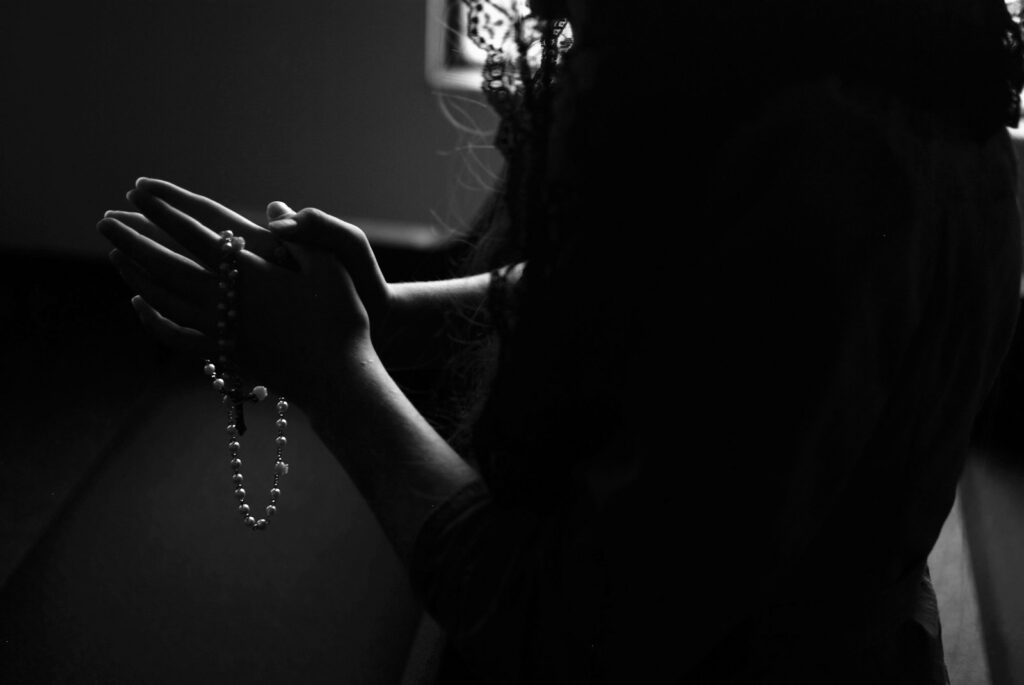Religious funeral traditions vary widely, reflecting different beliefs about death, the afterlife, and how to honor the deceased. Below is an overview of some of the major religious traditions and their funeral practices, now including Mormon funerals as part of Christianity.
Christian Funerals
- Beliefs: Christians generally believe in an afterlife where the soul either goes to heaven or hell based on faith and deeds. The resurrection of the body at the end of time is also a core belief.
- Practices:
- Catholic: Often includes a Requiem Mass with prayers for the soul of the deceased. The body may be buried or cremated, though burial is traditionally preferred.
- Protestant: A service of celebration, focusing on the belief that the soul is with God. Services vary greatly by denomination but typically include scripture readings, hymns, and eulogies.
- Eastern Orthodox: Emphasizes the resurrection, with a service involving incense, prayers, and scripture. The body is usually buried, as cremation is discouraged.
- Mormon (Latter-day Saints): Mormons believe in the immortality of the soul and the eventual resurrection. Funeral services focus on hope, eternal life, and family unity. The body is typically embalmed and dressed in temple garments if endowed. While burial is preferred, cremation is allowed if necessary. Services may include prayers, hymns, eulogies, and are followed by a simple graveside service before burial.
- See also: What to expect at a Roman Catholic funeral
Islamic Funerals (Janazah)
- Beliefs: Muslims believe in an afterlife where the soul awaits judgment. Burial is a religious duty, and cremation is strictly forbidden.
- Practices:
- The body is washed, shrouded in a white cloth, and buried facing Mecca. A funeral prayer (Janazah) is performed at the mosque or gravesite.
- Burial takes place quickly, usually within 24 hours. Mourners are encouraged to keep the funeral simple.
- See also: What to expect at a Hindu funeral
Jewish Funerals
- Beliefs: Jews believe in the immortality of the soul and an eventual resurrection. Cremation is traditionally forbidden.
- Practices:
- The body is washed and wrapped in a simple white shroud. A plain wooden coffin is used for burial, without metal parts.
- Funerals happen quickly, within 24 hours if possible, followed by a seven-day mourning period called Shiva.
- See also: What to expect at a Hindu funeral
Hindu Funerals
- Beliefs: Hindus believe in reincarnation, where the soul is reborn based on karma. Cremation is the norm as it symbolizes the release of the soul.
- Practices:
- The body is bathed, adorned with flowers, and cremated. The eldest son lights the funeral pyre, and the ashes are often scattered in a sacred river like the Ganges.
- See also: What to expect at a Hindu funeral
Buddhist Funerals
- Beliefs: Buddhists believe in reincarnation and seek a favorable rebirth for the deceased through prayers and rituals.
- Practices:
- Cremation is common, with monks leading chants and prayers. The family may offer gifts to monks in memory of the deceased.
Sikh Funerals
- Beliefs: Sikhs believe in the cycle of rebirth and seek reunion with the divine.
- Practices:
- The body is washed, cremated, and hymns from the Guru Granth Sahib are recited. The family gathers to reflect and recite prayers.
Baha’i Funerals
- Beliefs: Baha’is believe in an afterlife where the soul continues to progress spiritually.
- Practices:
- The body is treated with great respect and buried within an hour’s travel from the place of death. Cremation is prohibited.
- A prayer for the dead is recited before burial.
Traditional African Funerals
- Beliefs: Many African cultures believe in an afterlife where the deceased ancestors influence the living.
- Practices:
- Funerals can be elaborate, with drumming, dancing, and offerings. Burial is typical, with specific rites to honor the ancestors.
Zoroastrian Funerals
- Beliefs: Zoroastrians believe in a judgment after death, with a focus on purity and avoiding the contamination of the elements.
- Practices:
- Traditionally, bodies are left in Towers of Silence for vultures to consume. In modern times, burial or cremation may be used.
Secular or Humanist Funerals
- Beliefs: Secular funerals focus on celebrating the life of the deceased without religious elements or beliefs about the afterlife.
- Practices:
- Services are personalized with readings, music, and eulogies that reflect the individual’s life. Both burial and cremation are common.

